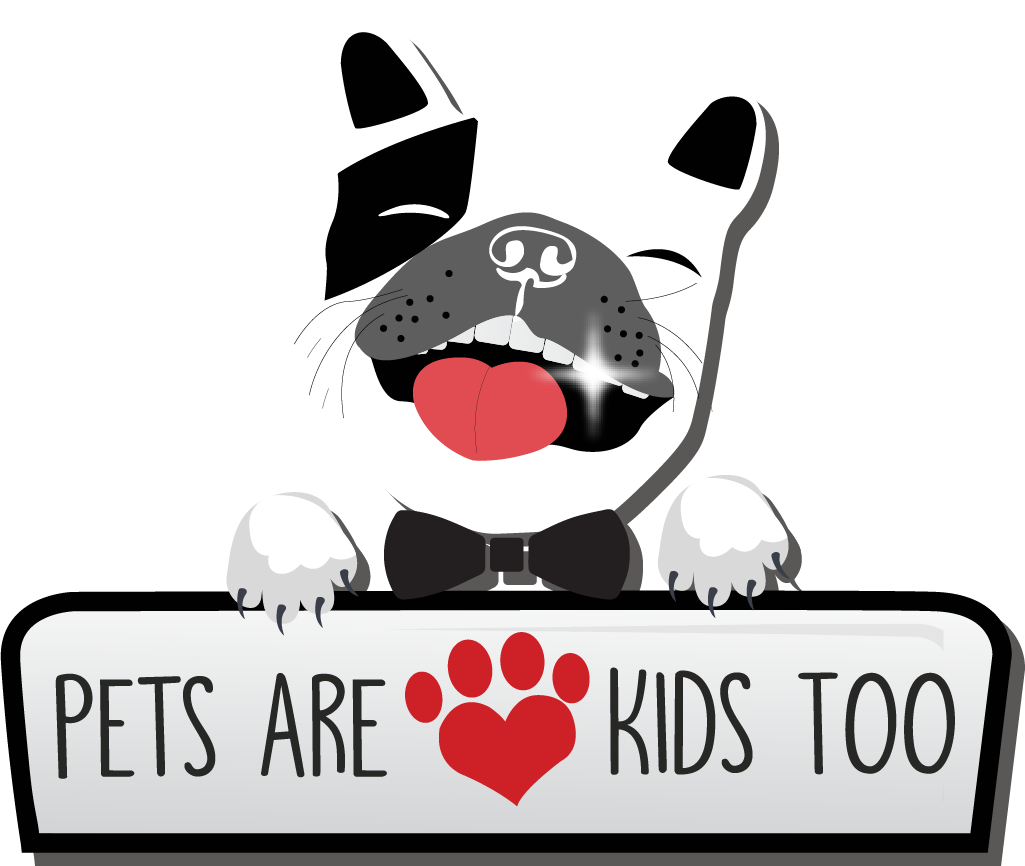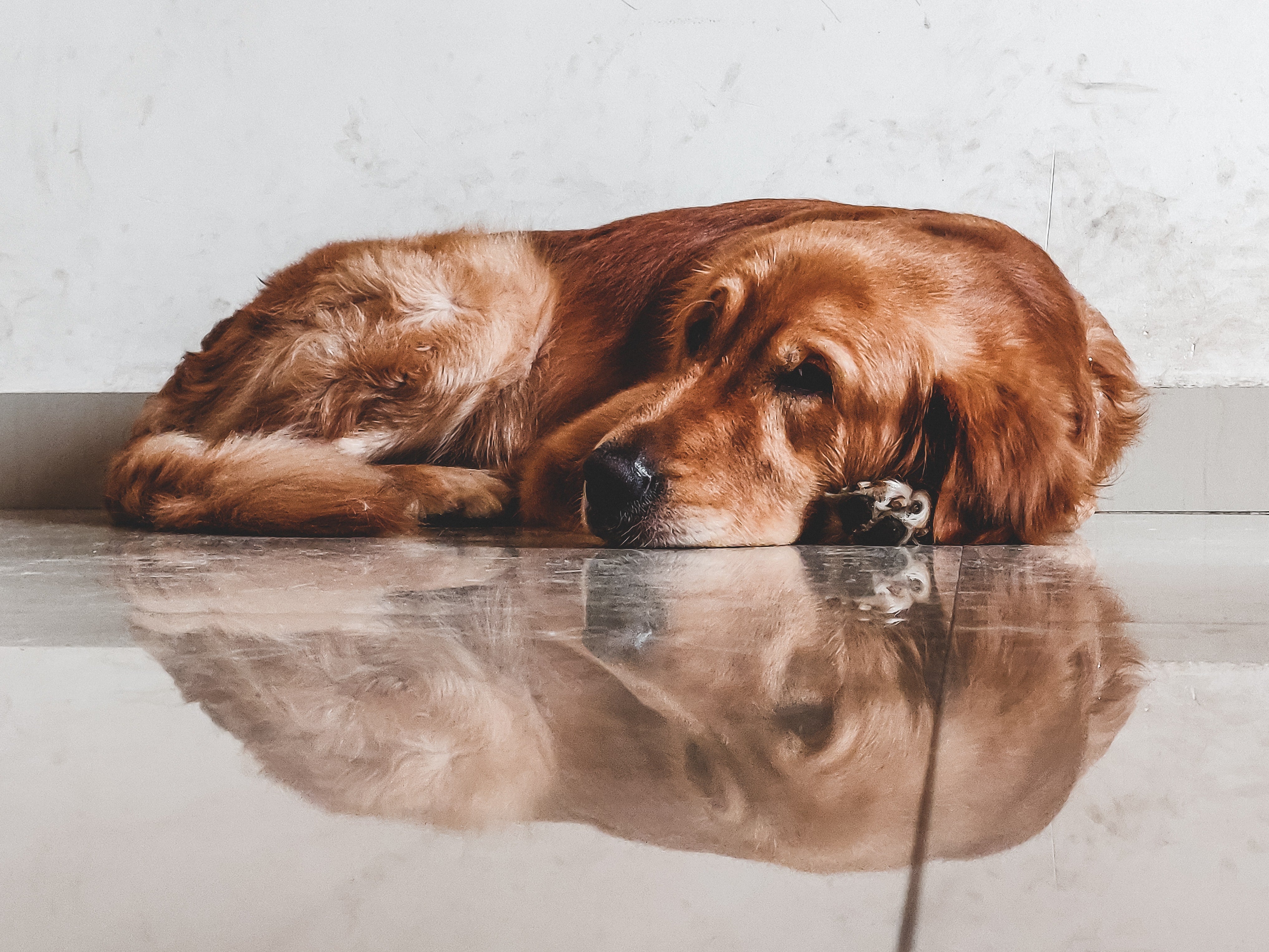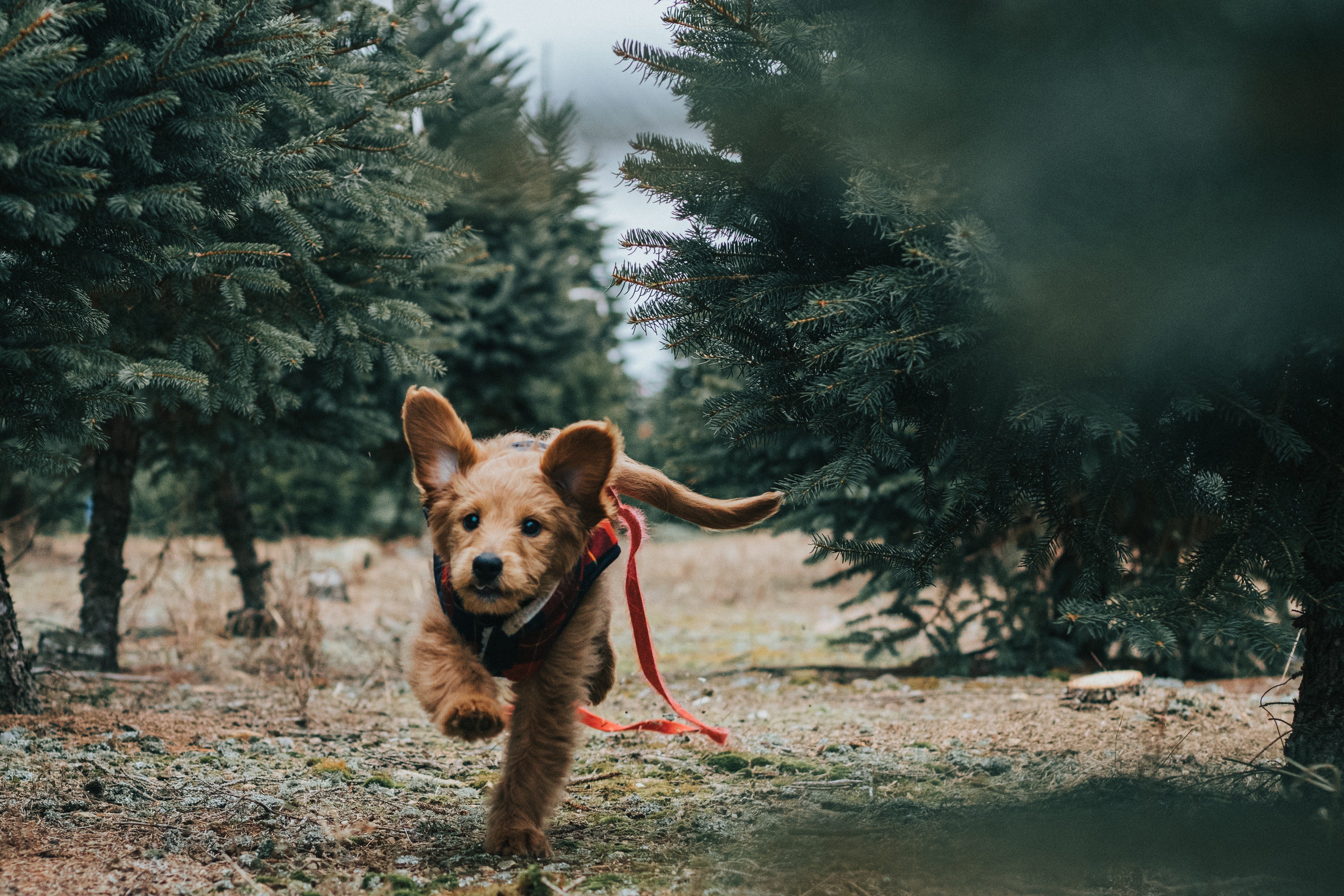A lot of the time, the cause of a dog’s stinky breath simply is poor dental hygiene or food stuck in between the teeth but sometimes, that funky, unusual, or downright nasty smell could be a sign of a bigger problem. So how can you tell?
Chronic Bad Breath in Dogs
The first sign of foul breath, or halitosis, being a symptom of a bigger problem in a dog is when it persists. Smelly breath caused by stuck food or objects, plaque build up, rotten teeth, or other gum issues can range from smelling mildly unpleasant to putrid. A quick inspection of the mouth can quickly reveal the problem: chicken meat or bones in between the teeth, a tooth cavity, yellowing teeth, inflamed gums, etc. Brushing the dog’s teeth or a quick trip to a veterinary dental specialist will usually solve the problem.
However, if the cause of bad breath is not immediately obvious or if the problem recurs after you’ve supposedly treated it (i.e. brushing/dental work), then a trip to the vet might be in order.
Diseases That Cause Bad Breath in Dogs
Halitosis in dogs is sometimes a symptom of a serious illness that causes sores in the gums, changes in the blood chemistry, or foul smelling gasses that escape through the mouth. Here are some diseases that can make a dog’s breath stink.
Oral tumors
Oral tumors are not always accompanied by foul odor but it is one of the signs, along with drooling and difficulty eating. Tumors and oral cancers in dogs are typically discovered by owners or vets incidentally, like when the dog yawns or during a specific procedure like a dental cleaning.
If a dog has bad breath, inspect its mouth not only for problematic teeth but try to check the gums, tongue, and tonsils for any suspicious lumps or masses.
Diabetes
Dogs with diabetes don’t exactly have unpleasant breath. On the contrary, their breath will smell sweet like fruit or candy, which is also unnatural. This is caused by the high levels of glucose and ketones in the dog’s bloodstream. Be especially alert if the dog’s sickly-sweet breath comes with excessive urination and thirst. Together, these three are sure signs of canine diabetes.
Kidney Disease
Another serious illness that causes foul breath in dogs is kidney disease. There are two kinds of kidney diseases in dogs: Chronic Kidney Disease (CKD) and Acute Kidney Injury (AKI). CKD can be congenital, meaning the dog is born with the issue, or it could develop in old age. It usually takes months or years for symptoms to manifest in CKD patients.
On the other hand, AKI is more sudden and gets worse quickly. It can be caused by infections, some medications, and the ingestion of harmful substances like aspirin, antifreeze, or even food like grapes or raisins.
In both cases, the kidneys fail to eliminate toxins from the body, the toxin build up produces an ammonia-like smell in the dog’s breath. Other signs to watch out for include lethargy, frequent urination, and excessive thirst. Some dogs with kidney disease may also have facial swelling or mouth ulcers.
Liver Disease
Like the kidneys, the liver also functions as a waste eliminator in the body. When a dog’s liver begins to malfunction, sulfur compounds like thiols reek into the lungs and cause stinky breath in dogs. Dogs with liver issues can have breath that smells like mold or worse, like rotting carcass.
Liver disease often shares the same signs with kidney problems: decrease in appetite, frequent urination, excessive thirst, lethargy, etc. You can also look out for signs that are unique to liver issues like jaundice (or the yellowing of the eyes, tongue, or gums), fluid build up in the abdomen, and blood in the urine or feces.
Gastrointestinal Issues
Gastrointestinal issues in dogs can be anything from gut imbalance, parasitic infestation, bacterial infection, megaesophagus (enlargement of the esophagus), and intestinal blockage among other problems. Because the digestive tract is directly connected to the mouth, issues stemming from that area can cause bad odor in varying intensities.
If a dog’s smelly breath is accompanied by difficulty in defecating, changes in appetite, or vomiting, there could be a problem with its digestive system so see the vet right away.
Sinusitis or Rhinitis
When a dog’s sinuses or upper respiratory tract are inflamed, it would cause it to breathe through its mouth like we do when we have a bad cold. This causes the mouth to dry and results in foul breath.
Sinusitis and rhinitis in dogs are usually caused by viral infection like canine distemper or parvovirus but sometimes, they can also be caused by allergens or parasites. Canine bad breath that’s accompanied by nasal discharge, sneezing, and lethargy warrants a trip to the vet.
Cancer
The dreaded C in dogs can arrive in different forms: lymphoma (blood cancer), mast cell tumor (skin cancer), osteosarcoma (bone cancer), hemangiosarcoma (a malignant cancer that causes tumors all over the body). But the most common type of cancer in dogs is melanoma which is also malignant and often begins in the dog’s mouth. As cancer cells grow rapidly in the lining of the oral area, sores or tumors can form and cause unpleasant odors.
Remember to See the Vet When…
In all the conditions detailed above, bad breath can signal a bigger problem when it co-exists with other symptoms. Schedule a vet appointment immediately if a dog’s smelly breath is accompanied by:
- Vomiting
- Excessive thirst
- Nasal discharge
- Lethargy
- Loss of appetite
- Difficulty swallowing
- Weight loss
- Blood in urine or feces
- Or if the breath smells particularly chemical





Leave a comment
This site is protected by hCaptcha and the hCaptcha Privacy Policy and Terms of Service apply.